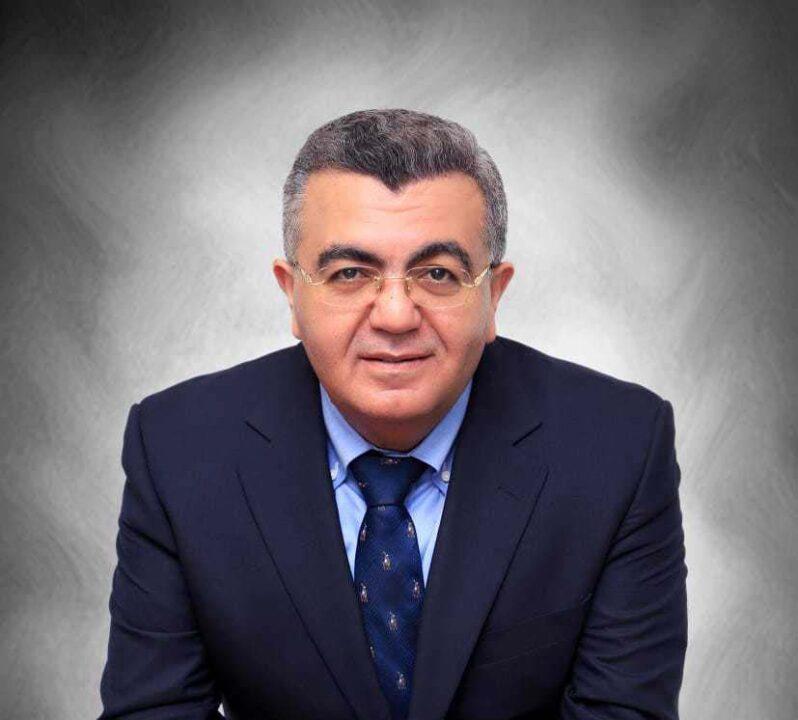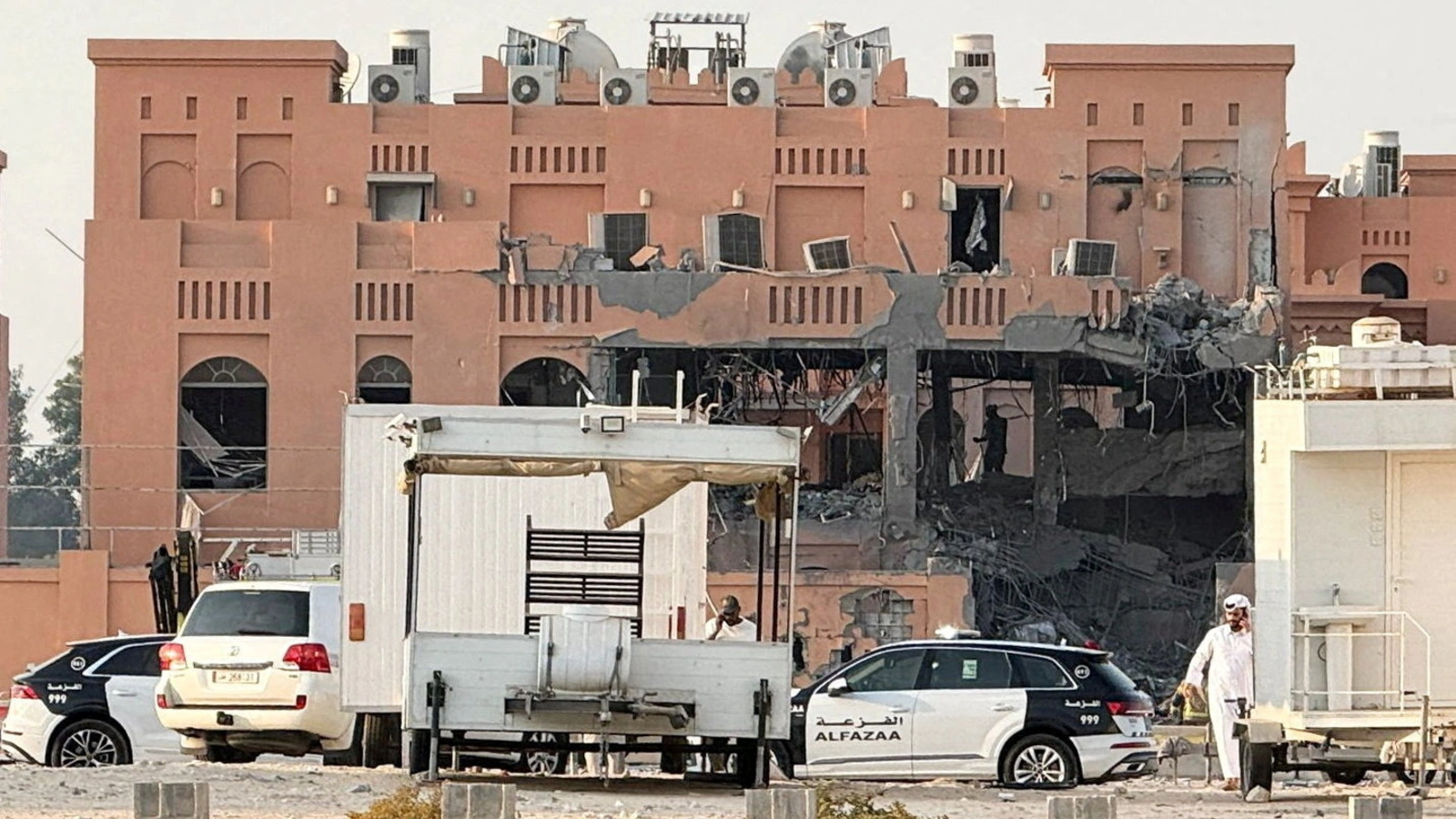
Opinion The Strike On Doha
For anyone following Israeli media over the past three months, however, the scale of incitement against Qatar was clear. The country was increasingly portrayed not as a neutral mediator but as a provocateur. Regardless of the strike's outcome, it marked Netanyahu's decision to shut down negotiations and throw the door open exclusively to military options, abandoning all other avenues. He also calculated that Qatar's reaction would be limited to condemnation, while Trump would“clean up” and contain the fallout-as indeed happened. It is reasonable to assume the strike was coordinated with the White House; otherwise, US forces stationed at the American base in Qatar would have intervened. Some even claim that Trump administration officials coordinated the strike with Qatar itself-a claim Doha denied, clarifying that it was notified only after the missiles were launched.

Dr Hatem Sadek
The messages sent by this attack are numerous and troubling. First, it was undoubtedly given a green light from Washington-likely with Trump's personal involvement-who hoped the strike would sideline hardline Hamas leaders at the negotiation table and replace them with more pliable figures willing to negotiate the release of hostages, or even conduct talks directly with another figure in Gaza. The primary targets were Khalil al-Hayya and perhaps Zaher Jabarin, both of whom have consistently taken an uncompromising stance. Reports also revealed internal tensions between al-Hayya, one of the masterminds of the October 7 attacks, and Gaza City Brigade Commander Izz al-Din al-Haddad, a senior figure reportedly open to the latest US proposal-something al-Hayya and Jabarin strongly opposed.
Second, Netanyahu's revised priorities now place the eradication of Hamas in Gaza above the retrieval of Israeli hostages. This shift followed the Jerusalem attack claimed by Palestinian Islamic Jihad's armed wing, which killed six Israelis.
Third, Tel Aviv appears intent that all negotiations over Gaza's future and talks with Hamas fall under Egypt's stewardship, given Cairo's historic role as the sole actor consistently managing Gaza-related crises since Israel's 1967 occupation. Over the decades, and particularly in recent years, Gaza has endured unprecedented levels of starvation, displacement, and destruction.
Fourth, no Hamas leader-whether inside or outside Gaza-now enjoys immunity; all are considered legitimate targets for assassination. The strike on Doha follows previous targeted killings in Tehran, Beirut, Tunis, and Sana'a. In this case, Israel initially maintained silence, only for members of both the ruling coalition and opposition to later hail the operation. Finance Minister Bezalel Smotrich declared:“Terrorists do not, and will never, enjoy immunity from the long arm of Israel anywhere in the world.” Opposition leader Yair Lapid added:“I congratulate the Air Force, the IDF, the Shin Bet, and all security services for an exceptional operation to thwart our enemies.”
Fifth, Israeli belligerence has reached unprecedented levels. In recent days-not weeks-Israel carried out lethal strikes in Lebanon, hit military sites near Syria's presidential palace in Damascus, and targeted a gathering of Houthi leaders in Yemen, killing more than ten senior figures, including ministers.
Sixth, the attack on Doha sets a historical precedent: this is the first time an Arab Gulf capital has been directly targeted. It reflects Netanyahu's ambition to normalise Israel's role as the region's policeman-an ambition he hopes to realise while Trump remains in the White House. We are, therefore, at a critical turning point in the region's history, one that demands a reassessment of Arab diplomatic strategies, much like the Arab League's landmark decisions in decades past.
Dr Hatem Sadek – Professor at Helwan University

Legal Disclaimer:
MENAFN provides the
information “as is” without warranty of any kind. We do not accept
any responsibility or liability for the accuracy, content, images,
videos, licenses, completeness, legality, or reliability of the information
contained in this article. If you have any complaints or copyright
issues related to this article, kindly contact the provider above.

















Comments
No comment